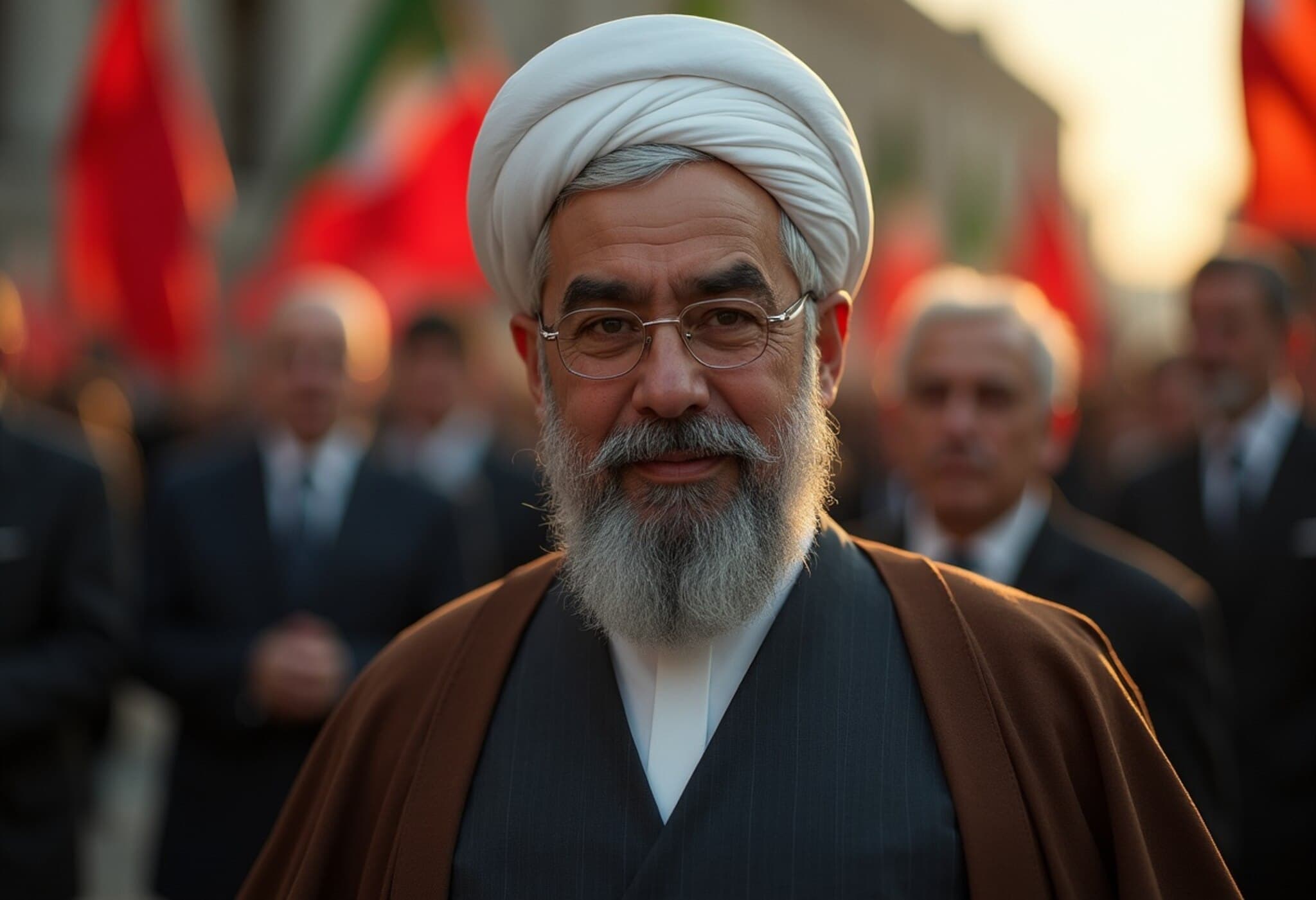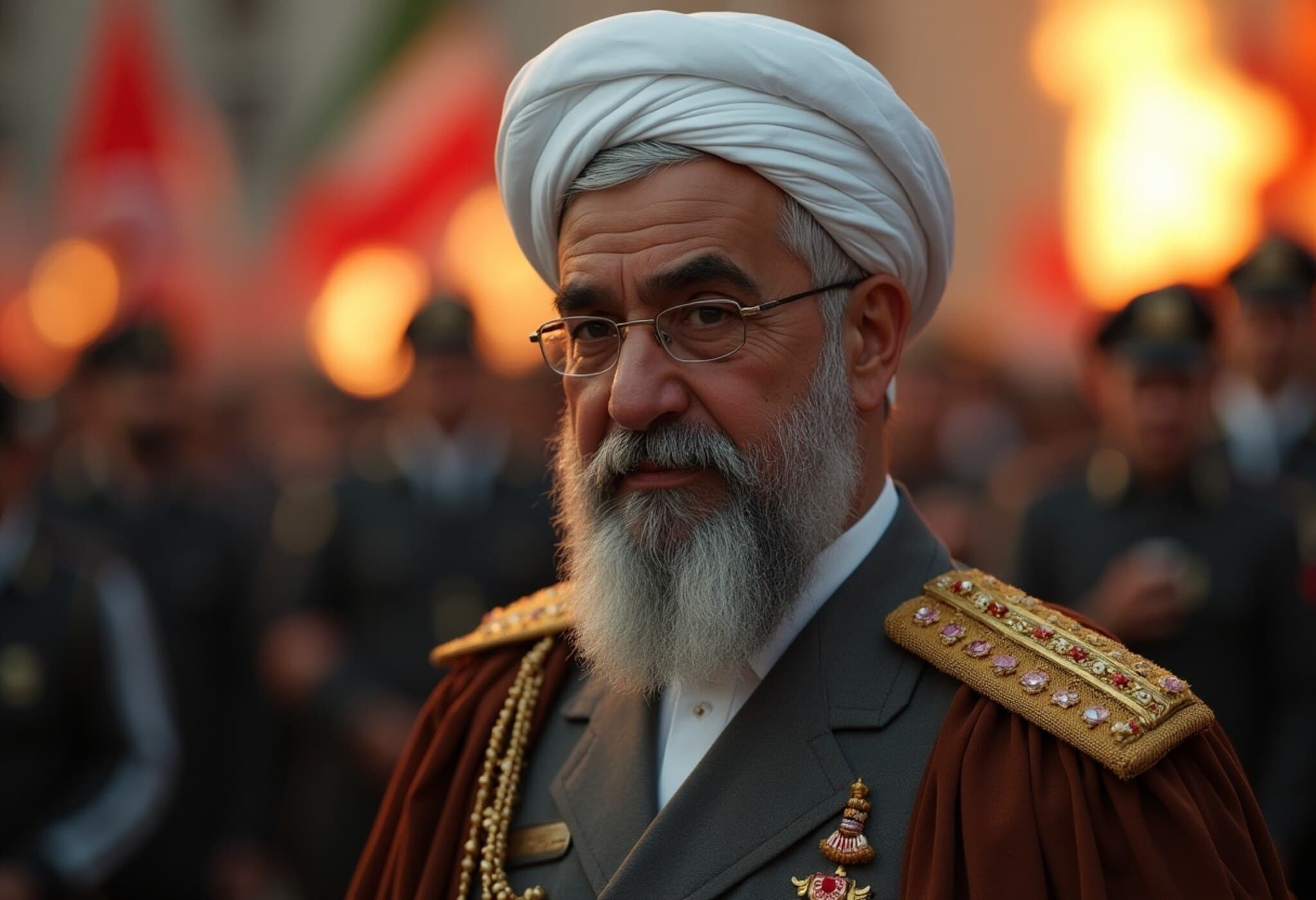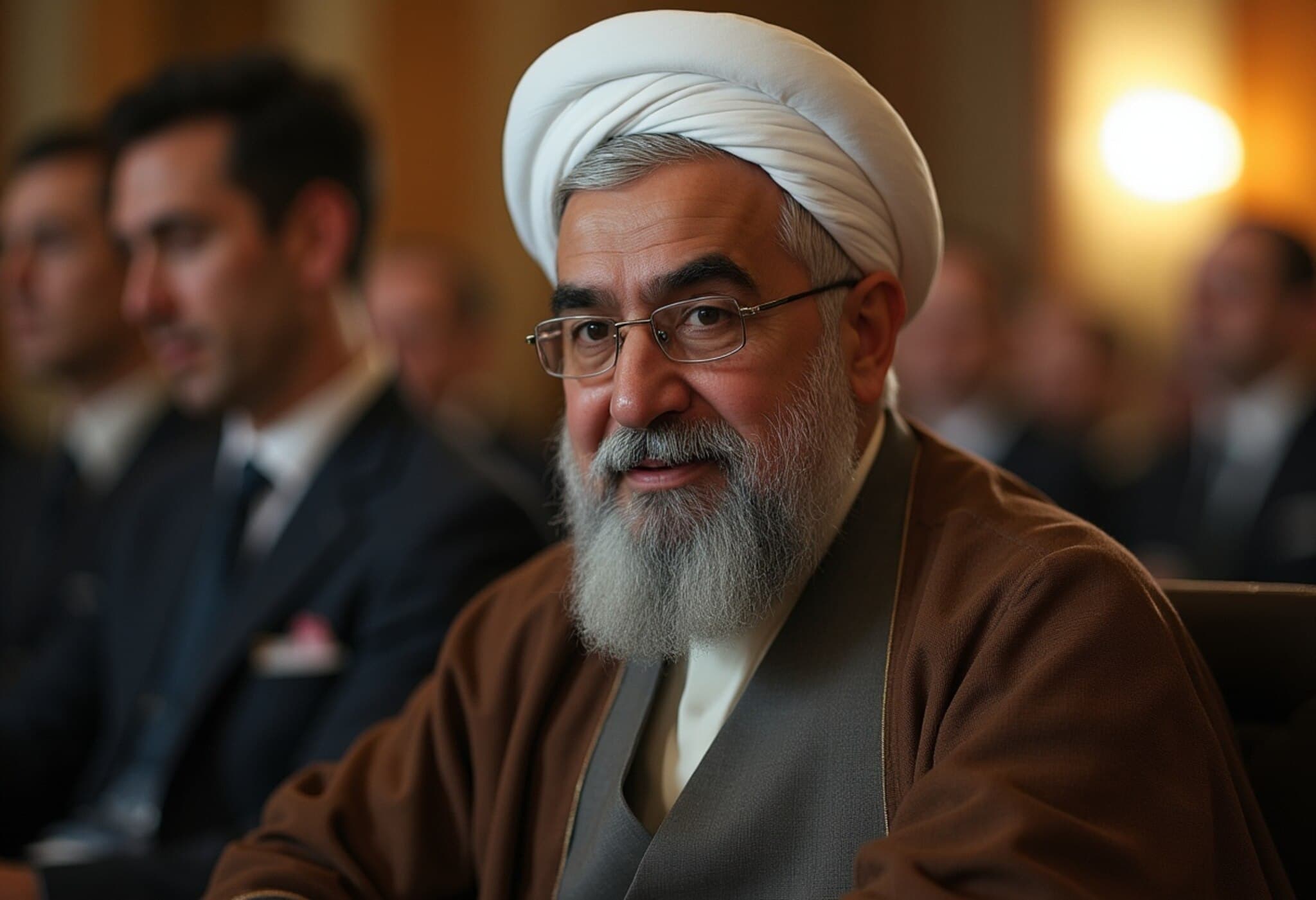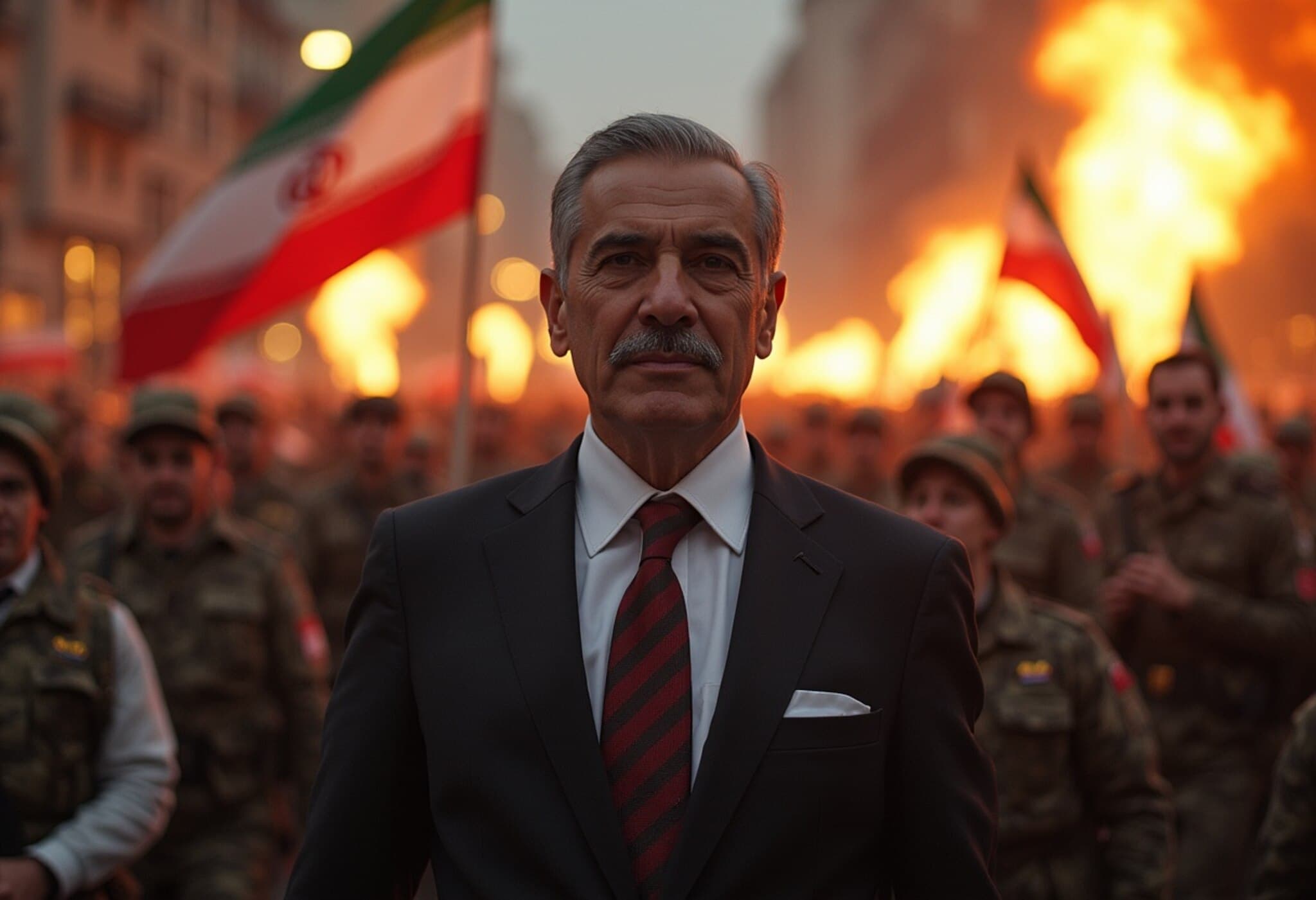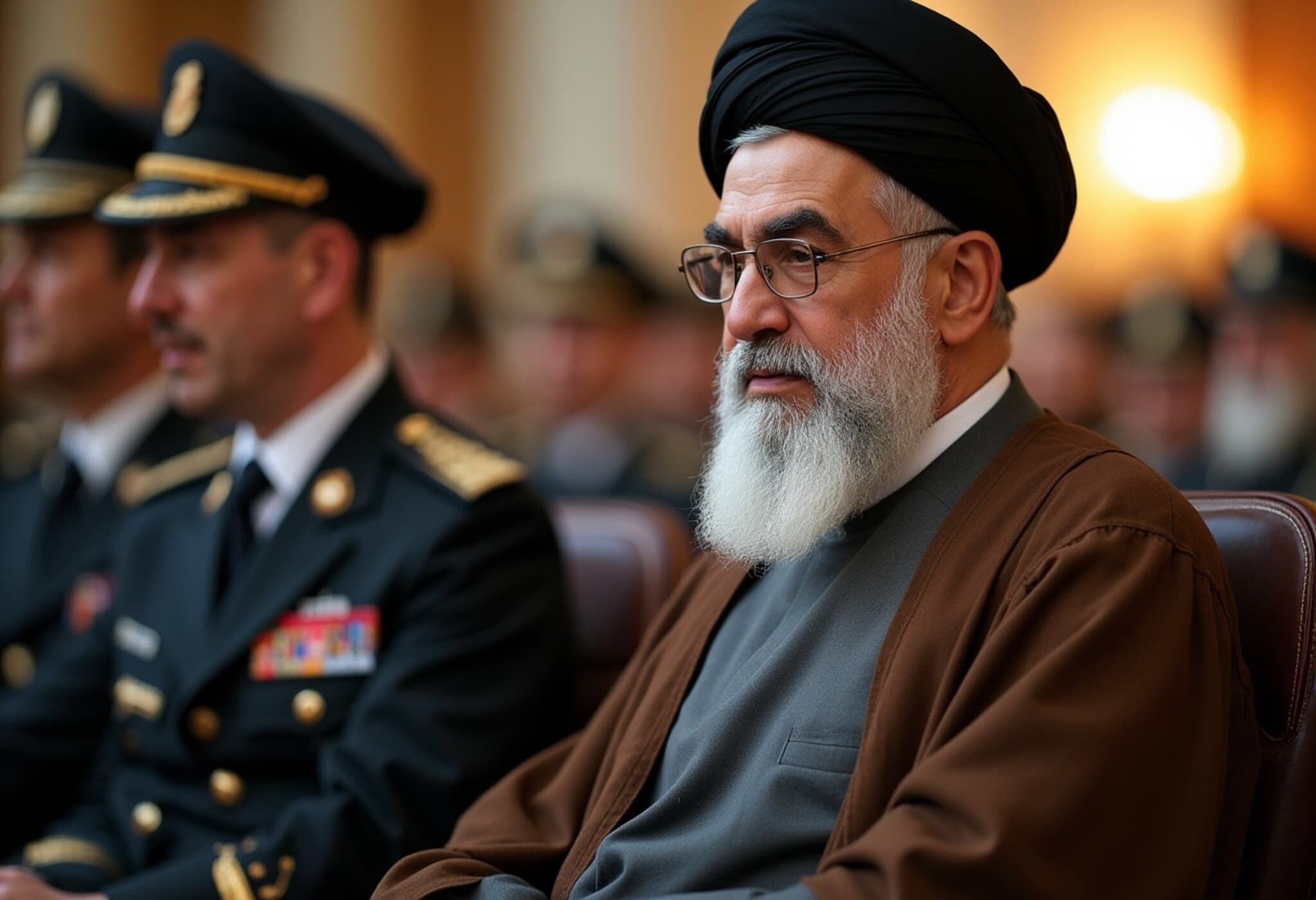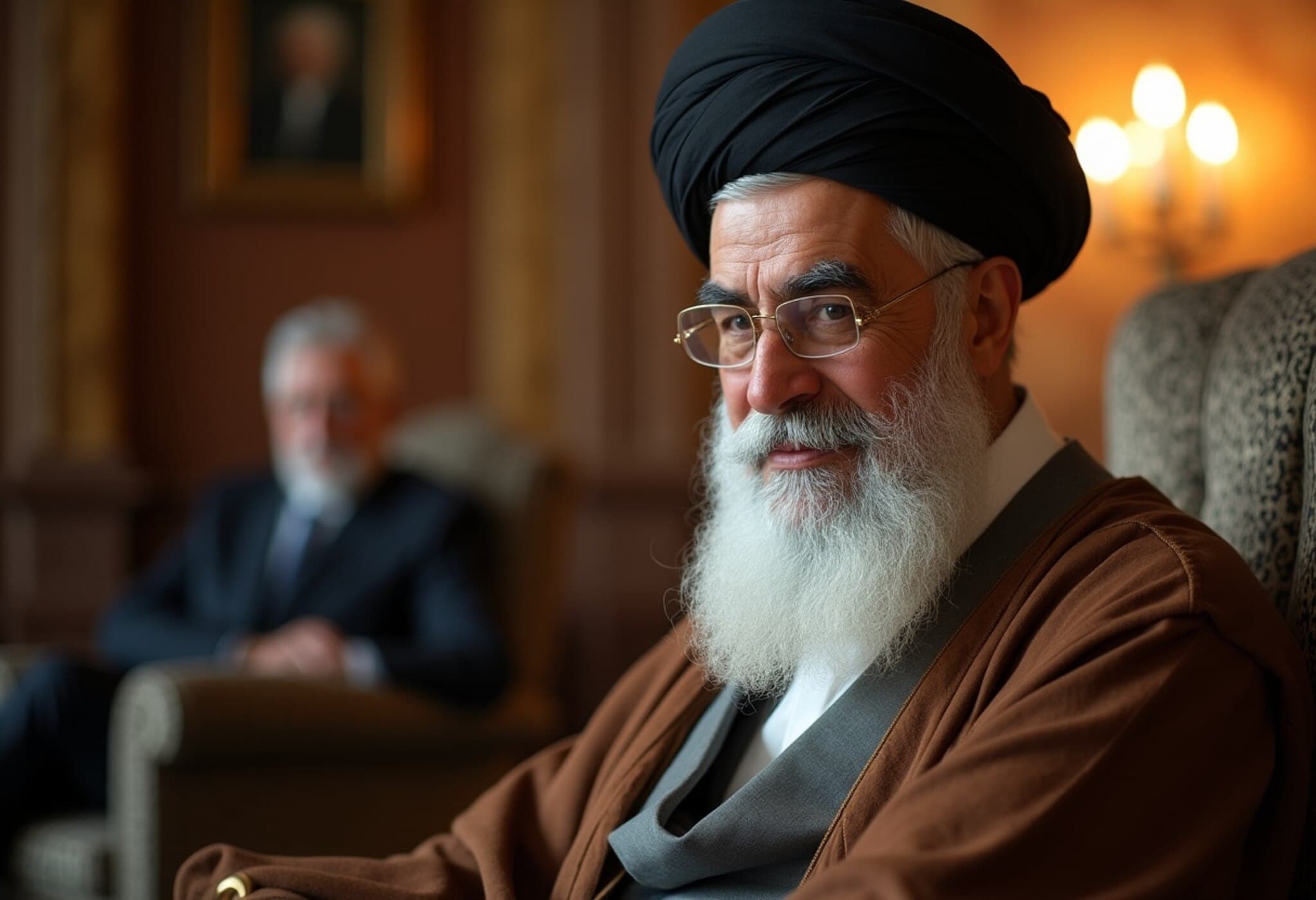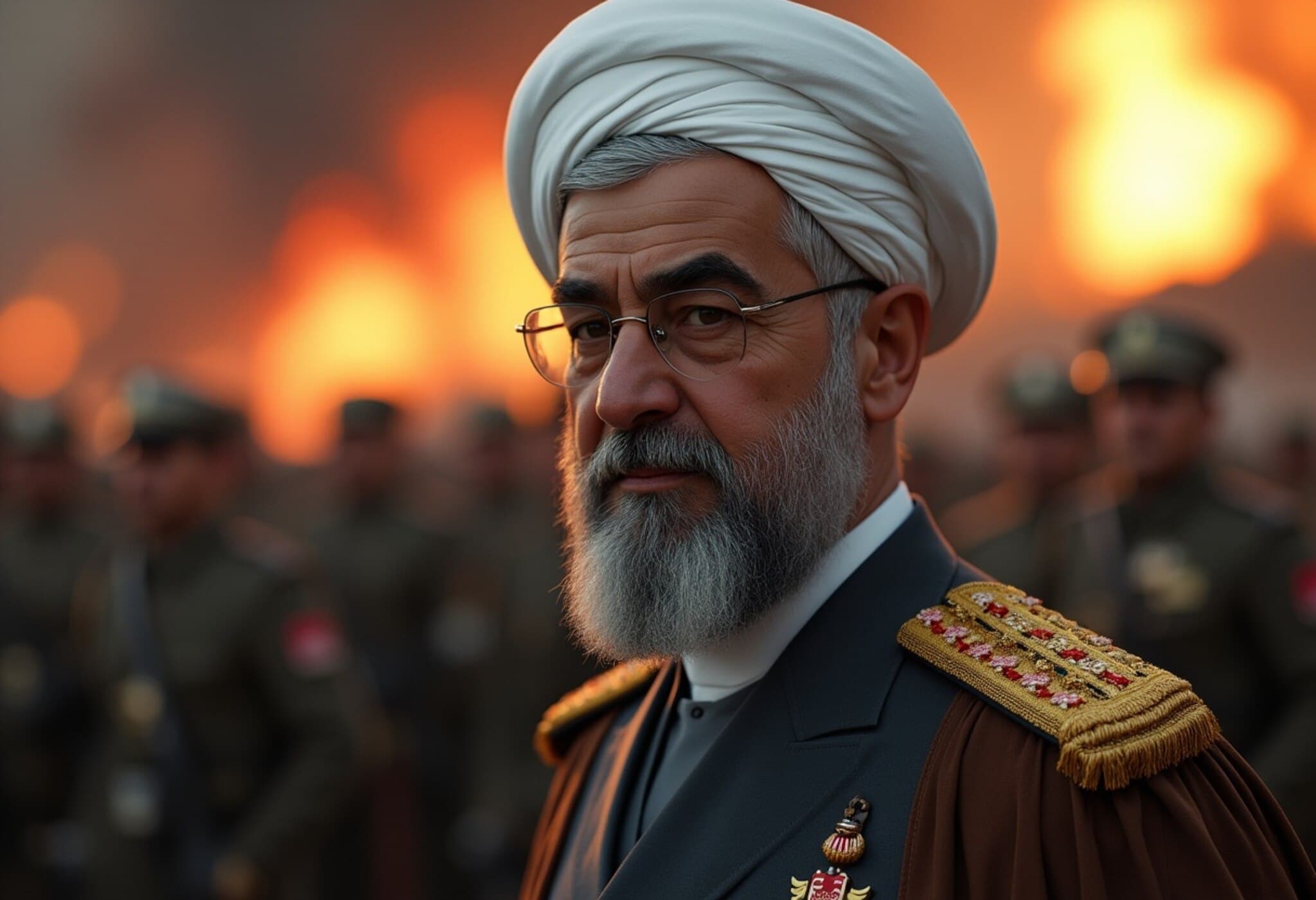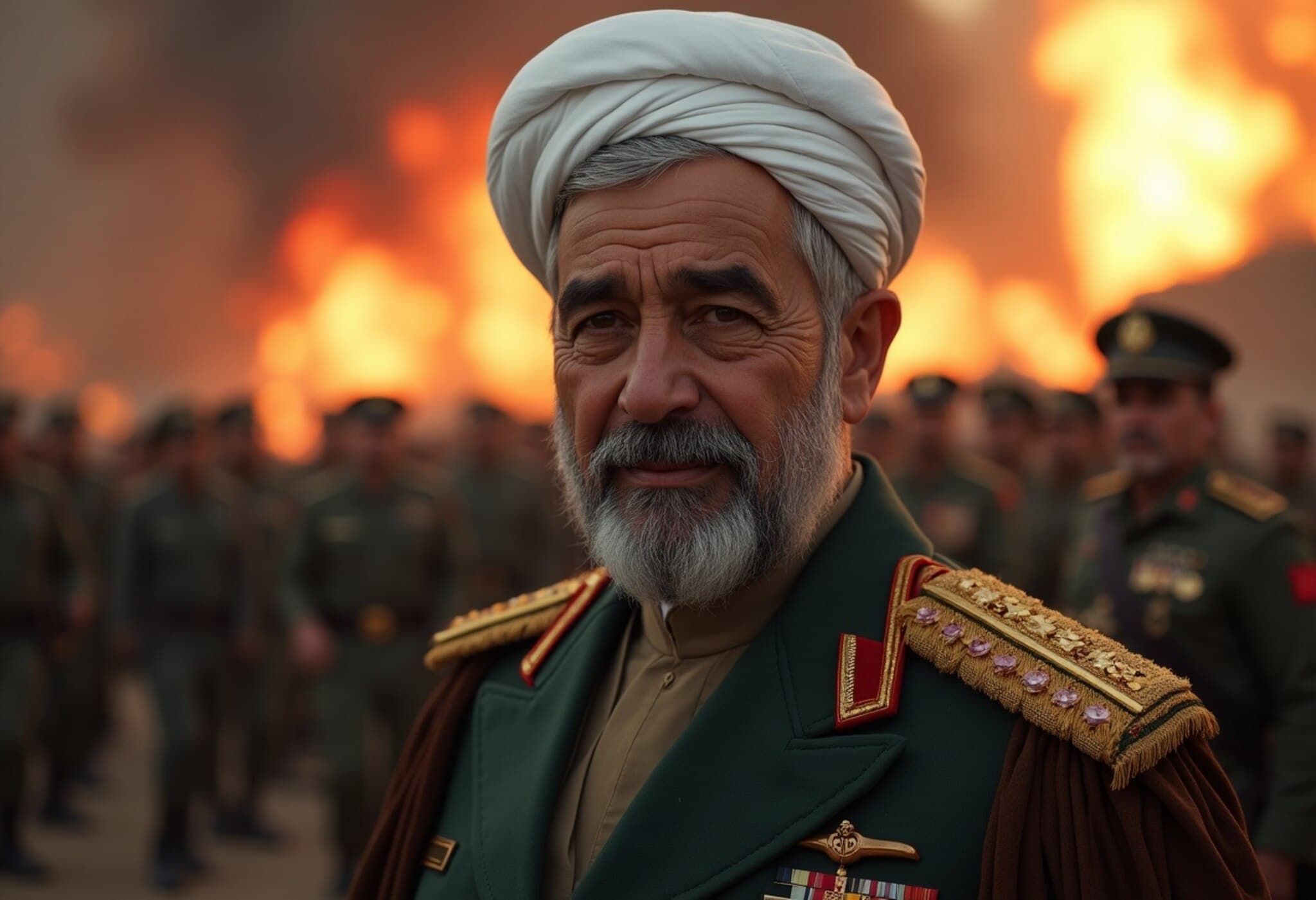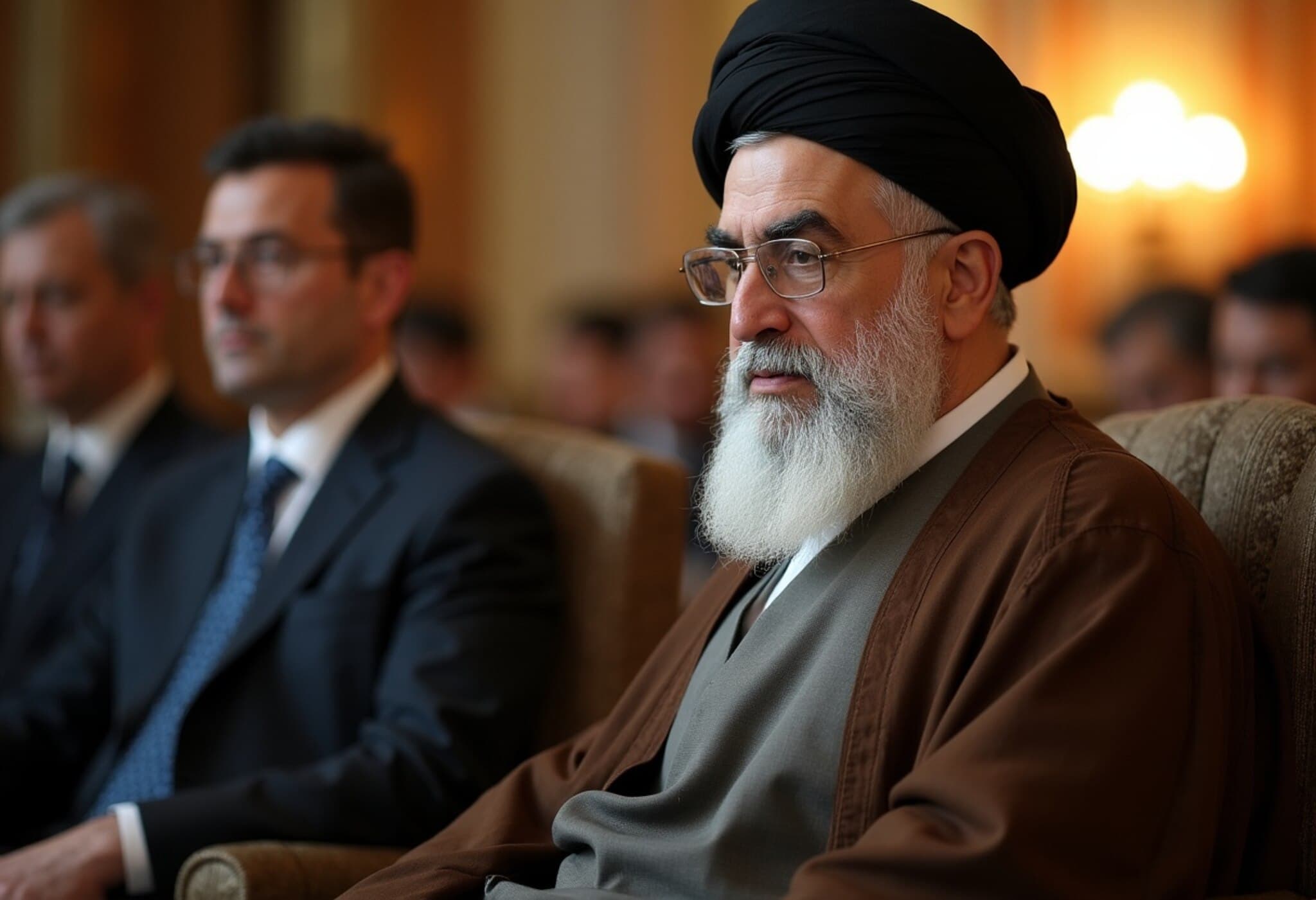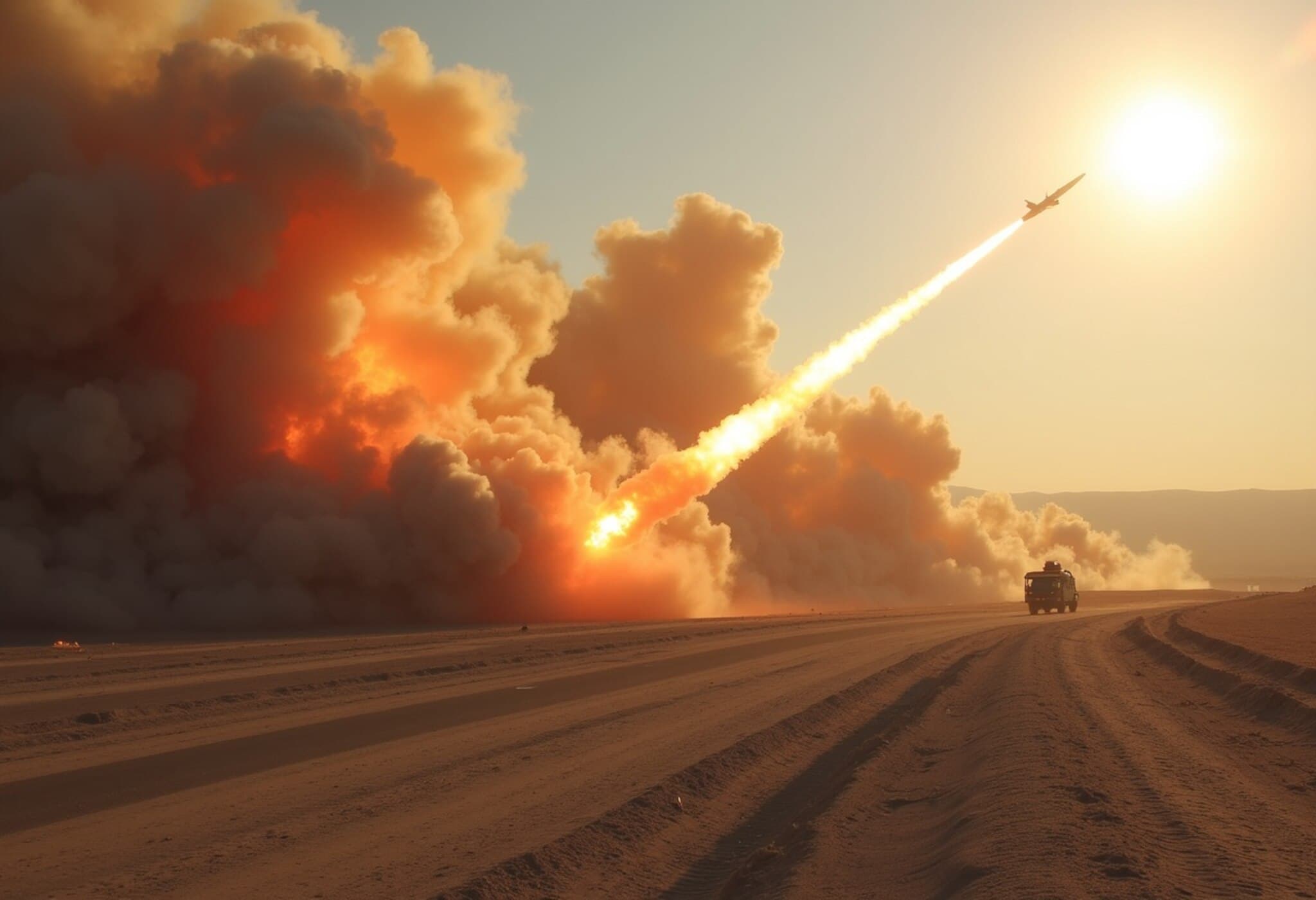Reza Pahlavi Steps Forward as Potential Interim Leader in Iran’s Political Turmoil
Reza Pahlavi, the exiled son of Iran’s last monarch, has openly declared his readiness to serve as the interim leader should the existing regime be overthrown. Addressing the international community, he urged Western governments to back the movement aimed at toppling Supreme Leader Ayatollah Ali Khamenei and dismantling the country’s theocratic system.
Appeal for Global Support and Strategic Approaches
In a recent interview conducted in Paris, Pahlavi emphasized that while targeted military measures might be necessary to weaken Iran’s security forces, international efforts should also focus on ramping up communication tools for opposition groups, expanding internet access within the country, and endorsing widespread strikes.
He also extended an offer of amnesty to members of the regime willing to defect and join the cause, on the condition that they actively commit to the people’s movement.
Building a Unified Front via Secure Platforms
Pahlavi revealed plans to launch a new secure communication platform aimed at enabling dissidents and internal opponents to coordinate their efforts in pursuit of a free and democratic Iran.
At a press conference, he remarked, “I am here today to submit myself to my compatriots to lead them down this road of peace.” He added, “We are proud, ancient and resilient people … This is our moment. I am with you. Let us build this new Iran together.”
Context: A Longtime Advocate for Change
Aged 64, Pahlavi has lived abroad since the 1979 Islamic Revolution that deposed his father’s monarchy. Despite some opposition figures’ resistance to restoring royal rule due to past repression, he remains a prominent figure for monarchist supporters globally.
He believes that the current geopolitical climate presents an unprecedented opportunity to change Iran’s trajectory, especially amid ongoing economic strife coupled with recent military pressures.
Military Strikes and Public Confidence
Israel’s military operations against Iranian nuclear sites, along with US strikes, have thrust the regime into jeopardy. Pahlavi insists these targeted actions, especially hits on symbolic locations like Tehran’s infamous Evin Prison, bolster the public’s belief that the regime can be defeated.
“The final element of change is the people rising up, knowing all the elements of regime repression are decimated or eliminated,” he said. “This shows the war is against the regime, not the people, speeding its collapse and giving citizens a real chance at success.”
He expressed optimism that the regime could fall by year’s end, urging world leaders to stop offering Tehran any further lifelines and to support the call for regime change firmly.
Rejecting Diplomacy in Favor of Direct Action
Pahlavi criticized European calls for de-escalation and renewed negotiations as futile, arguing the regime has repeatedly shown it will not alter its behavior. Instead, he called for investments directly in the Iranian people—portrayed as the true guarantors of peace, security, and liberty.
Future Vision: Amnesty, Stability, and Democratic Foundations
Looking ahead, Pahlavi promised leniency to military and civil personnel who defect now, envisioning a constitutional conference to establish a new political system with democratic options fully on the table.
“My role is to make sure no voice is left behind,” he affirmed, highlighting inclusivity in shaping Iran’s future governance.
Ongoing Challenges
Despite this hopeful outlook, Pahlavi faces significant obstacles: Iran’s fragmented opposition and the uncertain long-term impact of foreign strikes on public sentiment pose serious difficulties. Meanwhile, many Iranians remain primarily focused on survival amid intensifying military activity.

